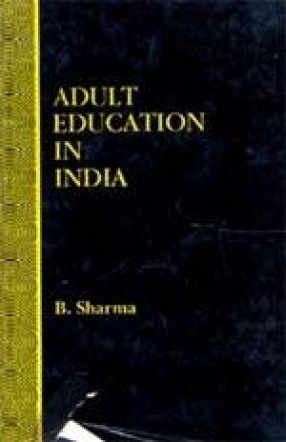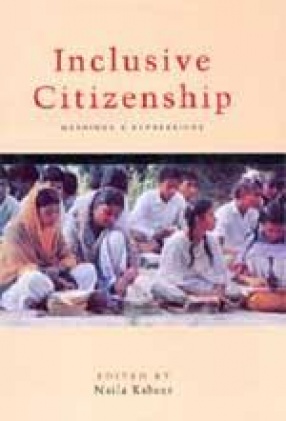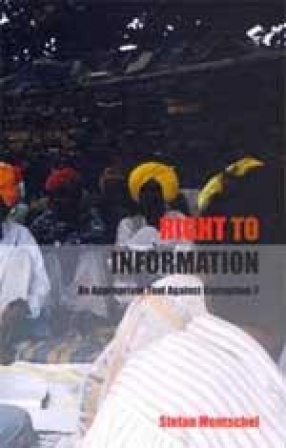Alongwith universalisation of elementary education, highest prilrity in educational planning was accorded to aduilt education during the Seventh Five Year Plan. While broad target group constituted the population in the age group 15-35 years, special emphasis had been accorded to educationally and socially deprived sections of the society. Considering the magnltude of the programme, substantial preparation at every stage was necessary for its implementation. The study conducted in this volume reveals that majority of edults belong to younger age groups (15-35 tears) and are engaged in different trades. They joined the adult education centres to learn how to read the write. The adult education however falled to provide benefit to the adults in acquiring knowledge of writing letters, filling up of forms and also inculcating awareness of family planning, leadership role, participation in village activities, motivation etc. A comparative analysis of neollterate adults and those totally literate shows that though there has been some change in individuals as they could read, count their wages, write their signature etc., there has been no change in their awareness of vital areas of family planning, evlls of superstition, child marriage etc. For proper planning of social policy and programme, the study recommends that before launching the adult education acitivity in any areas, eought environment for such activities should be created. All adult Education centres at each level should be made active and responsibility of failure should be fixed on them. The study also recommends that programmes should be made time specific and are-specific so that the results are visible and there is no wastage of efforts.
Adult Education in India
In stock
Free & Quick Delivery Worldwide
Bibliographic information
Title
Adult Education in India
Author
Edition
1st ed.
Publisher
ISBN
8170993865
Length
x+88p., Tables; Bibliography; Index; 22cm.
Subjects





There are no reviews yet.